

Sciatica is pain that starts in the lower back and shoots down through the legs and sometimes into the feet. It occurs when a herniated disk or bone spur compresses the sciatica nerve in your body. Some people feel sharp, intense pain while others get weakness, numbness, and tingling in their legs. At Advanced Health Solutions – GA Spine & Disc, we offer effective, safe non-surgical sciatica treatment Woodstock.
Sciatica causes pain and discomfort, but we offer several different effective treatments. Most people with sciatica do not need surgery, and about half can feel better and recover in 6 weeks with only rest and some medication.
The pain due to sciatica radiates along the path of your sciatic nerve that branches from the lower back through your buttocks and hips and down every leg. Typically, only one side of your body will be affected when you have sciatica.
Sciatica most commonly happens when a bone spur or herniated disk on your spine or narrowing of the spine (spinal stenosis) compresses part of your nerve. This causes pain, inflammation, and often some numbness in your affected leg.
While sciatica is associated with severe pain, non-surgical treatment can resolve most cases in a few weeks. People with significant leg pain and weakness, or bowel or bladder changes due to severe sciatica might require surgery.
Sciatica refers to a type of pain that starts in your lower back and will typically radiate down one leg or both. The inflammation of the sciatic nerve in your lower back causes the pain. In the medical world, the sciatica is known as lumbar radiculopathy which means pinching of a sciatic nerve as it exits the spine.
While surgery is one of the treatment options for sciatica, it is not for everyone. Therefore, we would like to share with you some of the important questions you need to consider before opting for surgery as your sciatic treatment Woodstock.
There are a variety of causes of sciatica, and each of them requires a slightly different treatment. Whether or not surgery would treat your sciatica will depend on the cause of inflammation of your sciatic nerve in the first place. Some of the potential causes include:
While surgery can address most of these cases, it is hardly the first treatment option to go for. The type of surgery would depend on the problem.
Moreover, the irritation of the sciatic nerve by the piriformis muscle in the buttock may cause sciatica-like pain. This condition – called piriformis syndrome – rarely requires surgery.
Sciatica pain may shoot from the lower back, radiates along the sciatic nerve, through the back of your thigh, into your foot. The pain may come and go or persist for days or even weeks. This may cause mild discomfort or worsens to a level that prevents you from doing the simplest tasks.
You could feel pain sitting with sciatica – and driving could even be more difficult. Not to mention exercising and playing sports.
As you contemplate surgery as your sciatica treatment Woodstock, consider the impact of your pain on your quality of life. If you are in constant pain that has significantly affected your work, social life, relationship, or hobbies, then you may have to think of surgery to treat your sciatica.
While sciatica starts as nerve inflammation, it may eventually progress to cause nerve damage. The damaging of the sciatic nerve could result in tingling, numbness, and weakness in the legs or knees (in more severe cases).
If left untreated for a long period, it will take quite some time before weakness and numbness go away, and unfortunately, they may become permanent.
Depending on the cause, there are many treatments for managing sciatica without surgery. These may include physical therapy, pain-relieving medications, aquatic therapy, steroid injections, meditation, and nerve blocks, among others. What works for someone may not be effective for someone else.
Several types of healthcare professionals can treat sciatica pain, including rehabilitation doctors, chiropractors, physical therapists, etc. Before opting for surgery, consider making an appointment with a chiropractor, rehabilitation physician, physical therapist, or pain medicine specialist if you feel like you have exhausted treatment options with your primary care physician.
Because every person experiences different pain, it is often recommended that you work with the right specialist who can find sciatica treatment Woodstock that will work for you.
When you’re in a lot of pain, it can be difficult to decide about sciatica surgery. Ensure you discuss with your doctor the post-surgery goals and effects first, particularly those around activity and pain.
Are you expecting to go back to the gym and work in a week? Are you expecting the pain to go entirely and for good?
While many people report up to 90 percent improvement in their pain after a sciatica surgery, this isn’t a guarantee. After the surgery, numbness may persist, and, sciatica could likely come back at another vertebra.
Depending on the type of sciatica surgery, most people will walk the next day, and typically, recover fully in two to four weeks. If you undergo minimally invasive surgery, you will likely recover faster. However, if your surgery involves more than one disc or vertebra, it may take longer before your back can heal.
Sciatica surgery, just like most surgeries, involves the use of general anesthesia, and it comes with risks, such as heart attack and blood clot. There is also a risk of infections in most surgeries. And since sciatic surgery affects tissues around a nerve, it could cause a nerve injury.
In addition to the risks associated with general surgery, there may be risk factors related to your lifestyle, health status, or background. In the medical field, such factors are referred to as comorbidities.
They may affect the success of your sciatica surgery in relieving your pain or may increase the risk during the surgery. Studies have shown that factors, diabetes, high blood pressure, smoking, and duration of sciatica pain may affect the outcome of the surgery.
If you’re seriously considering sciatica surgery, you should consult an experienced doctor who will look beyond your physical symptoms, and assess several other factors that may inform your final decision.
Are you looking for sciatica treatment Woodstock? Contact Advanced Health Solutions – GA Spine & Disc today to book an appointment with one of our doctors. Feel free to call us now at (770) 212-3991 or contact us online.


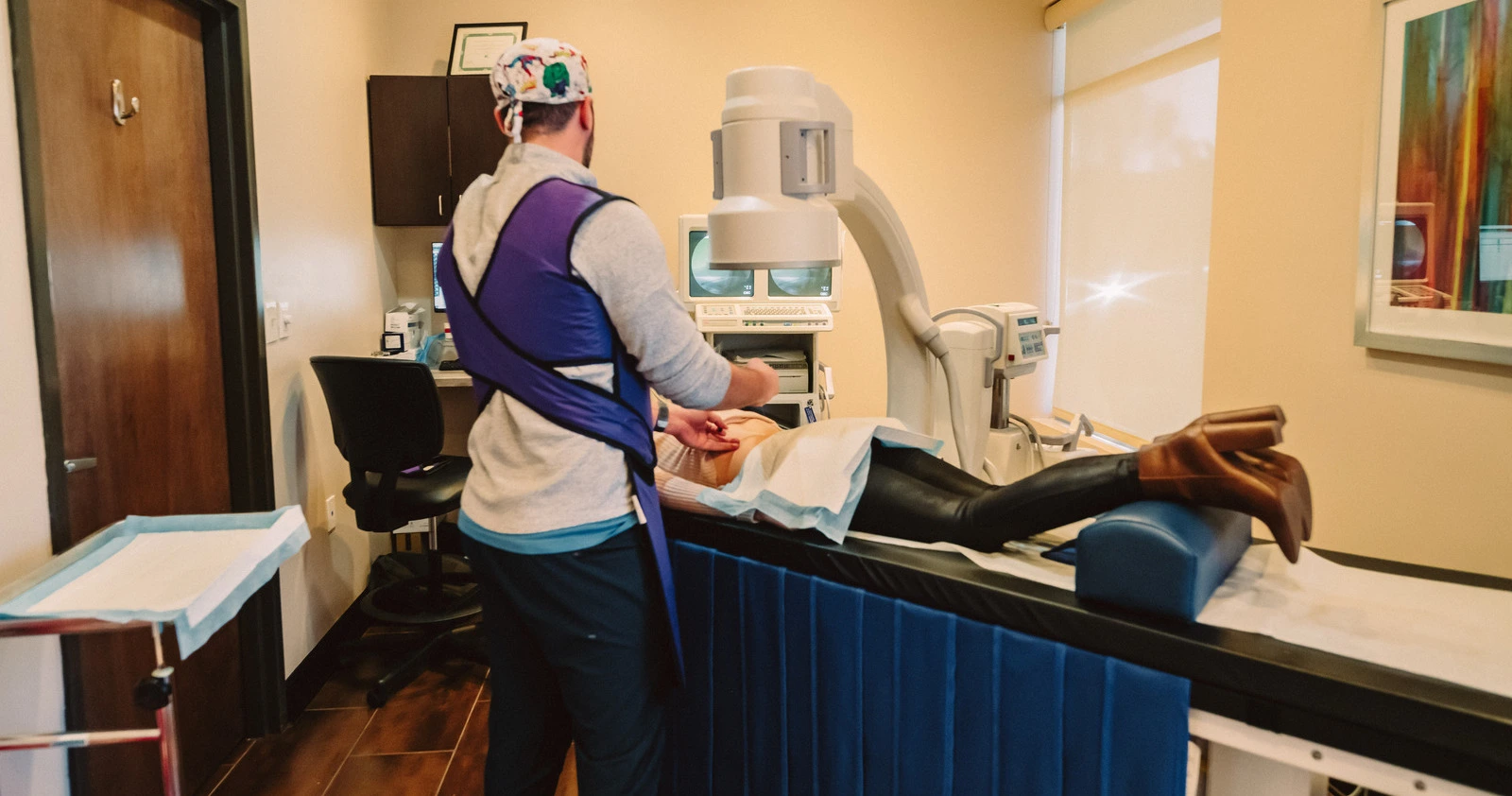
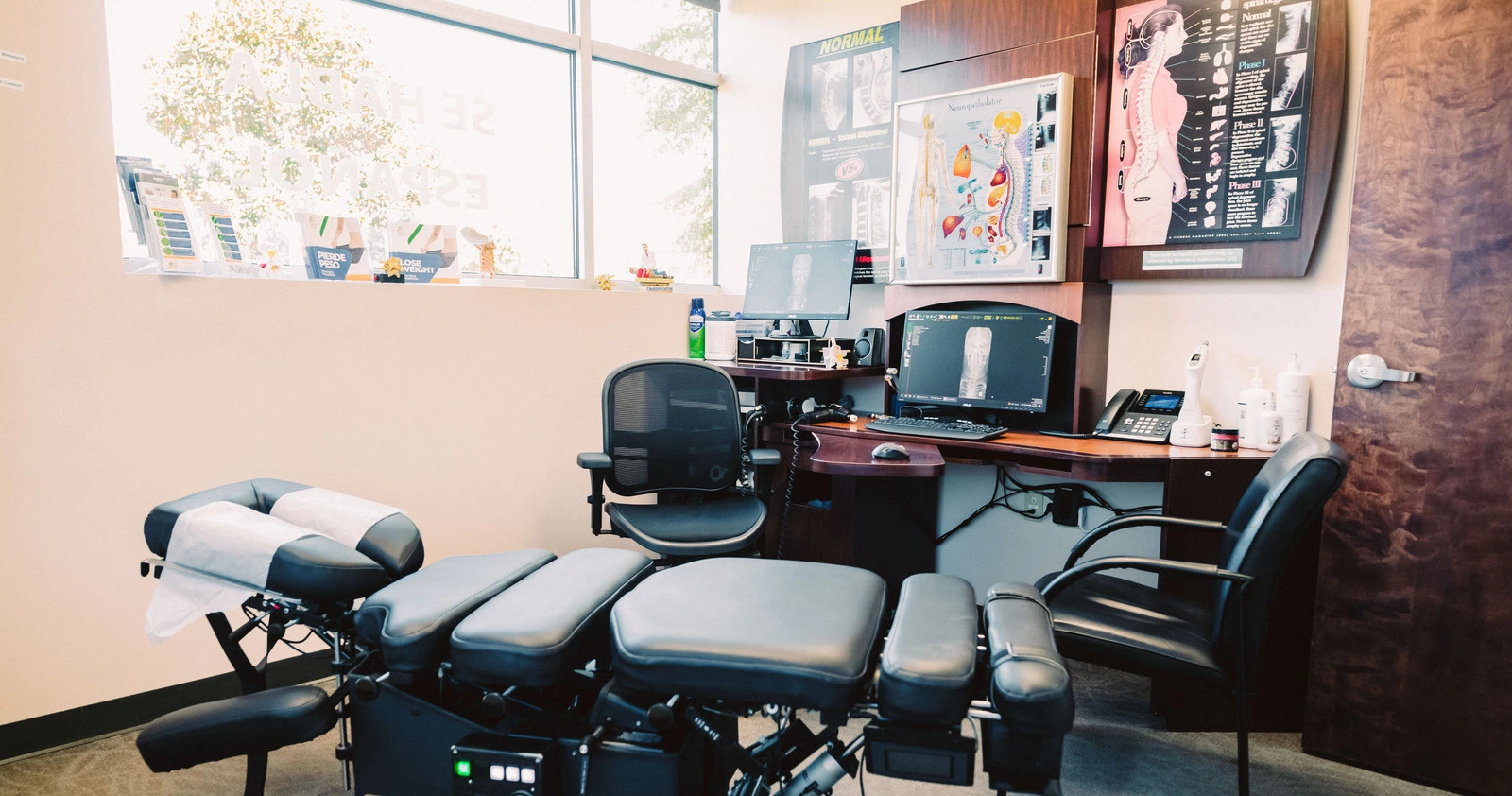
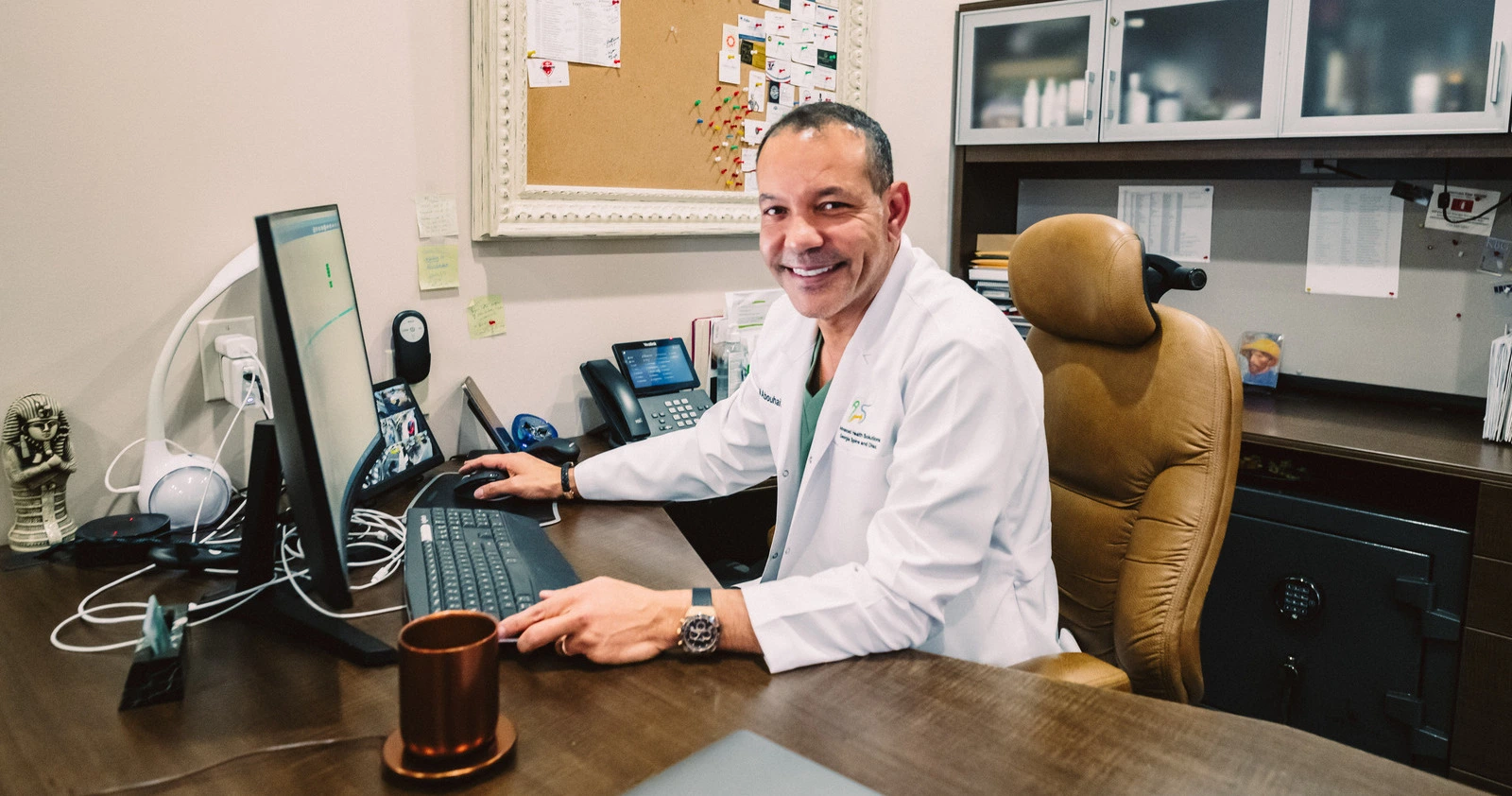


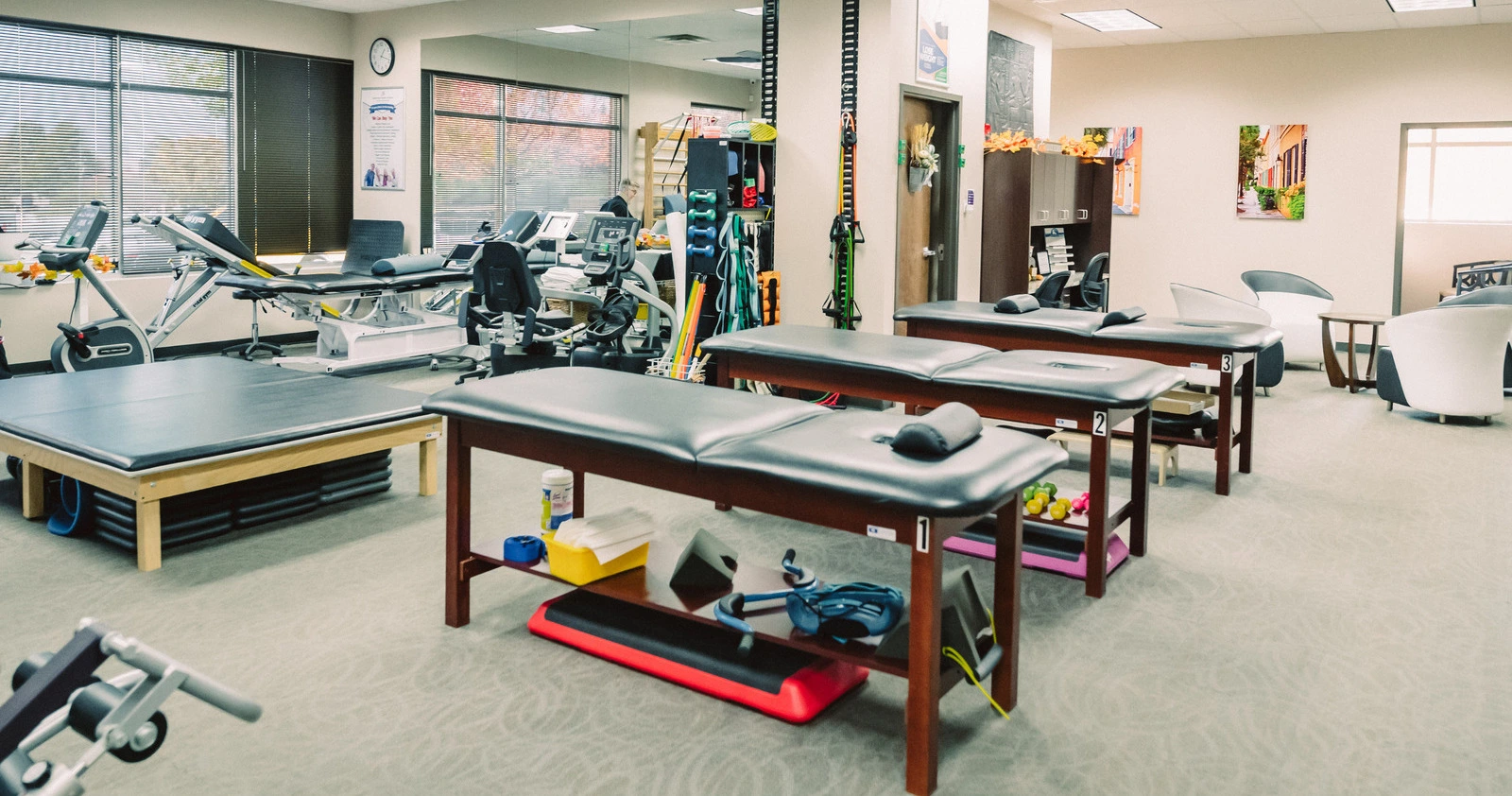
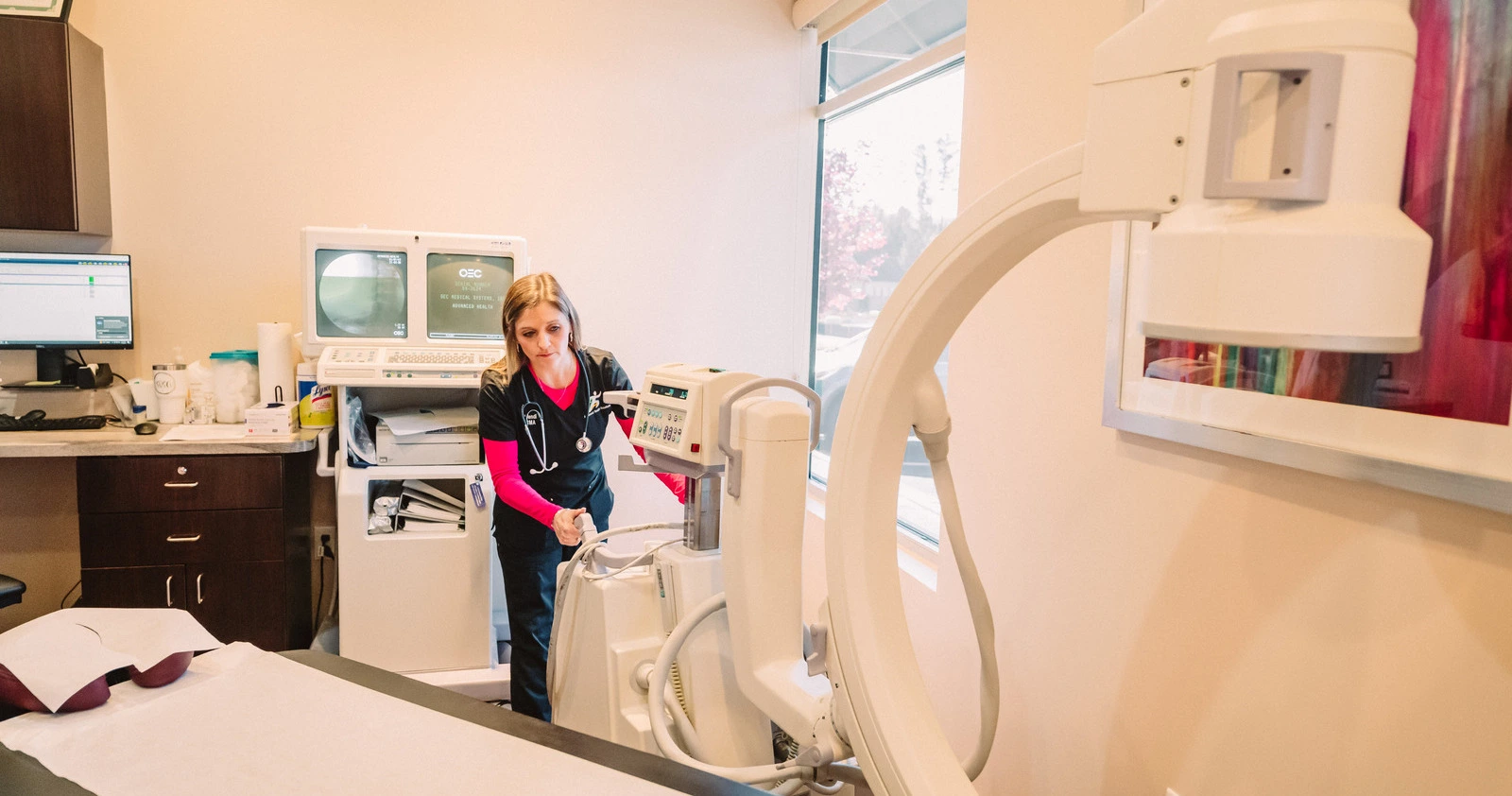

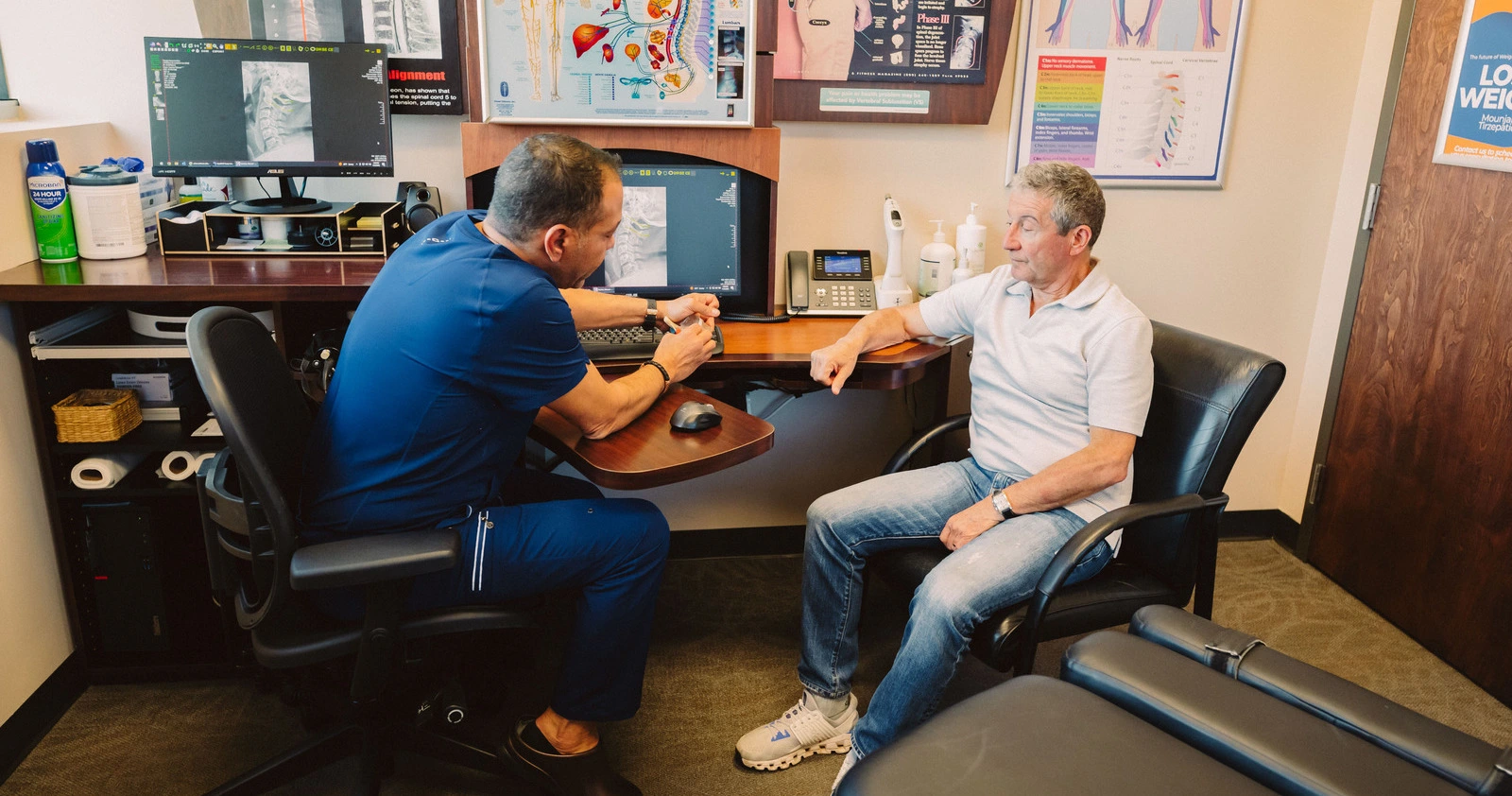
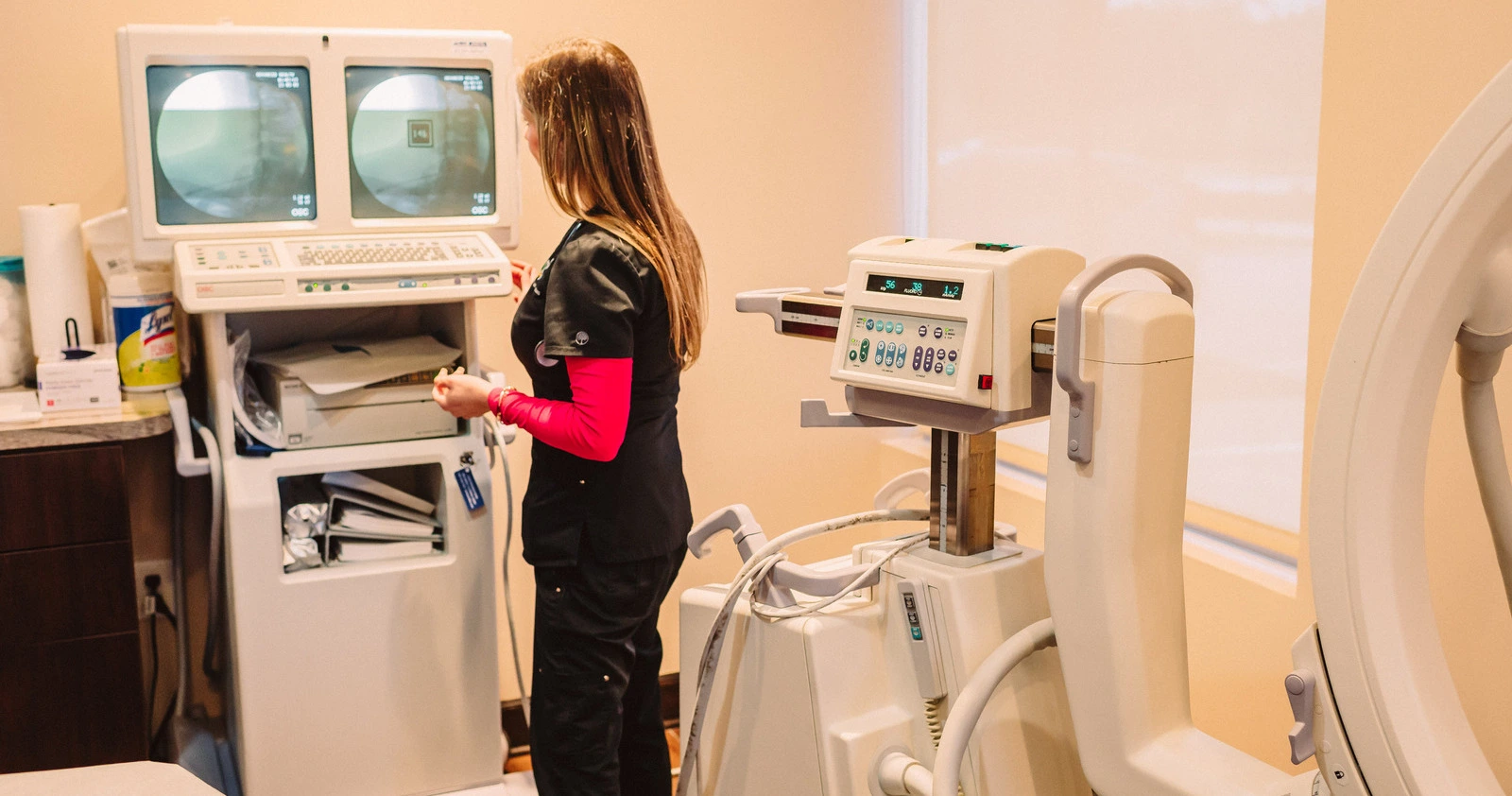
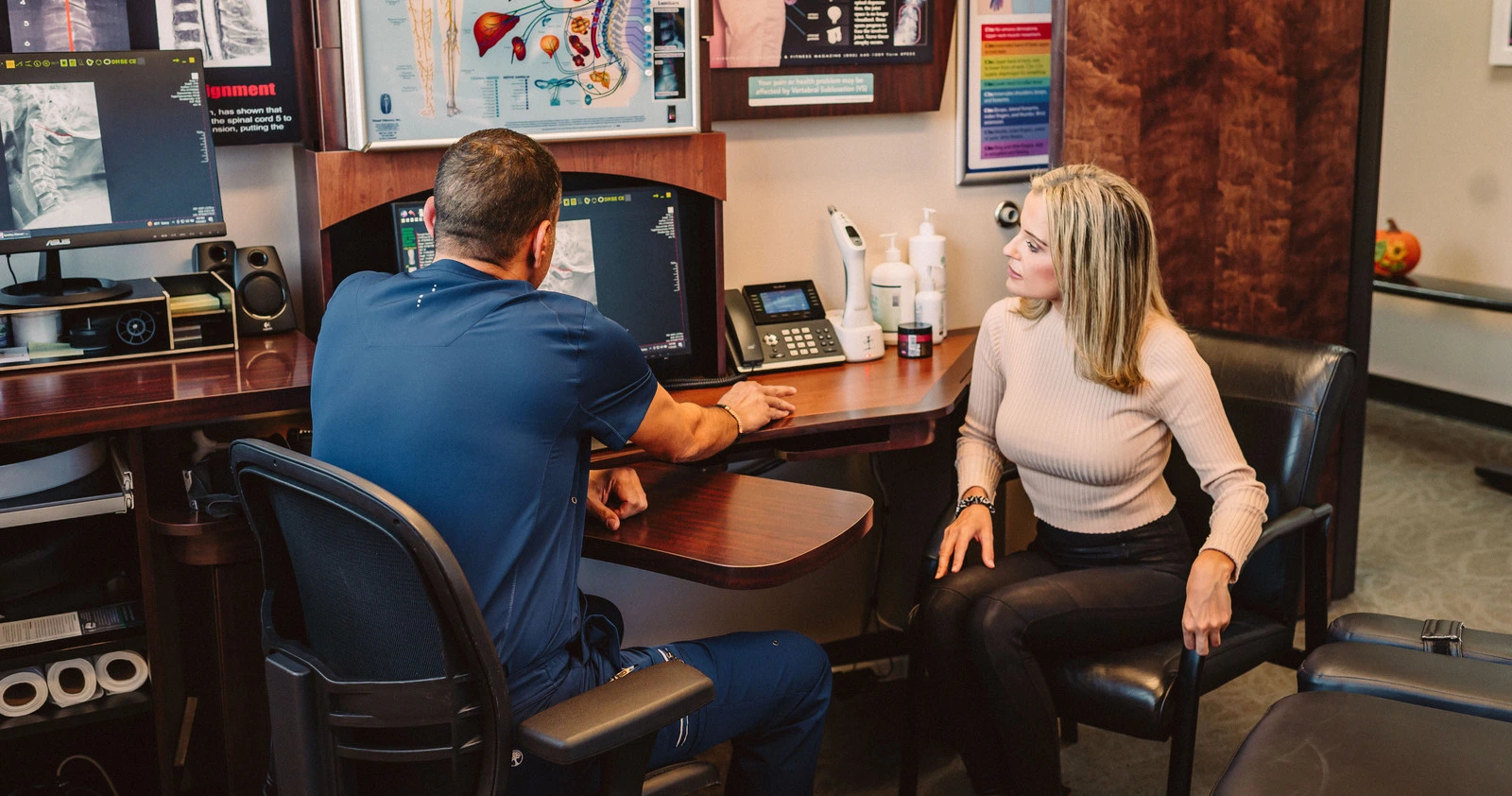

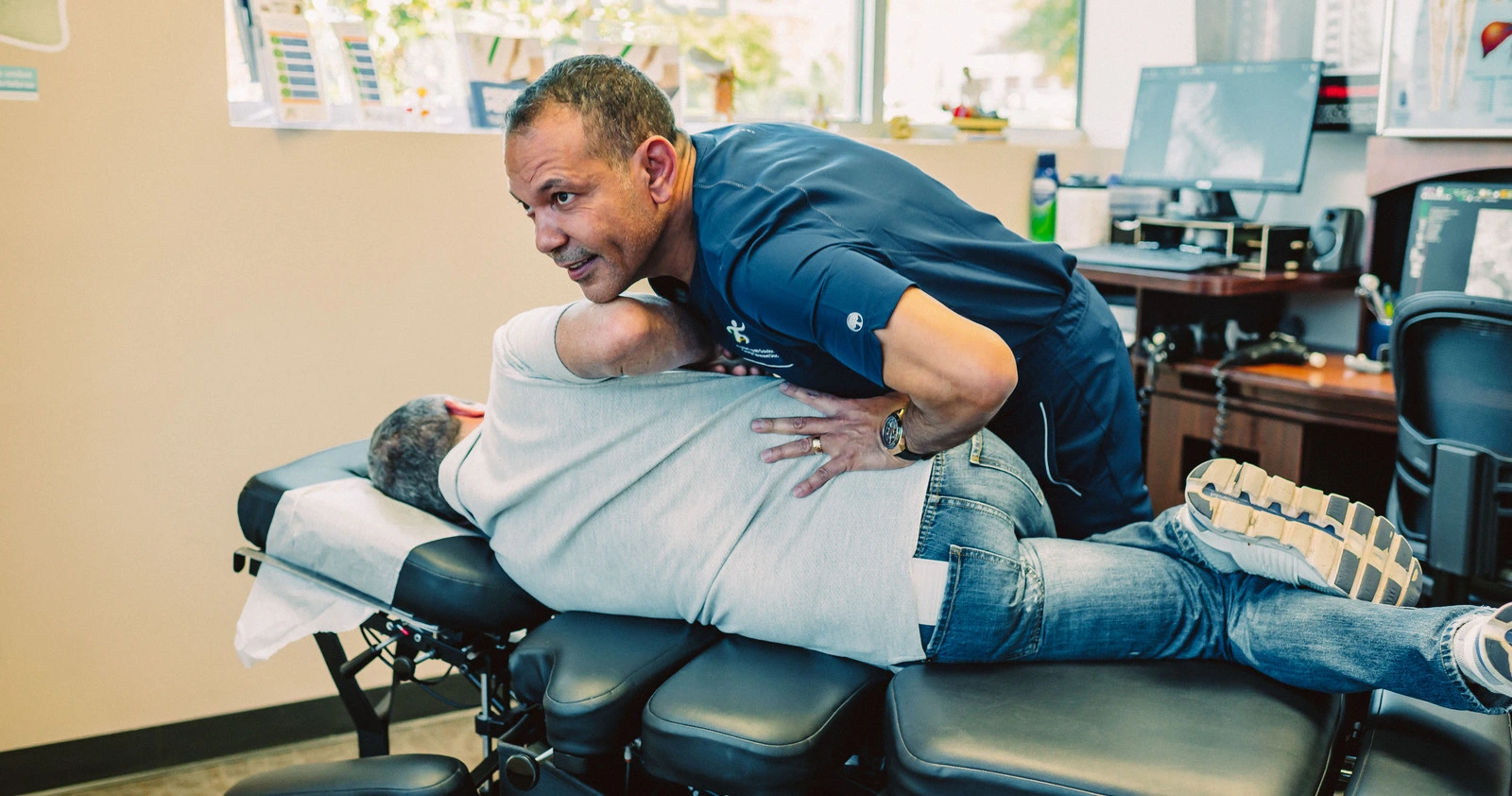
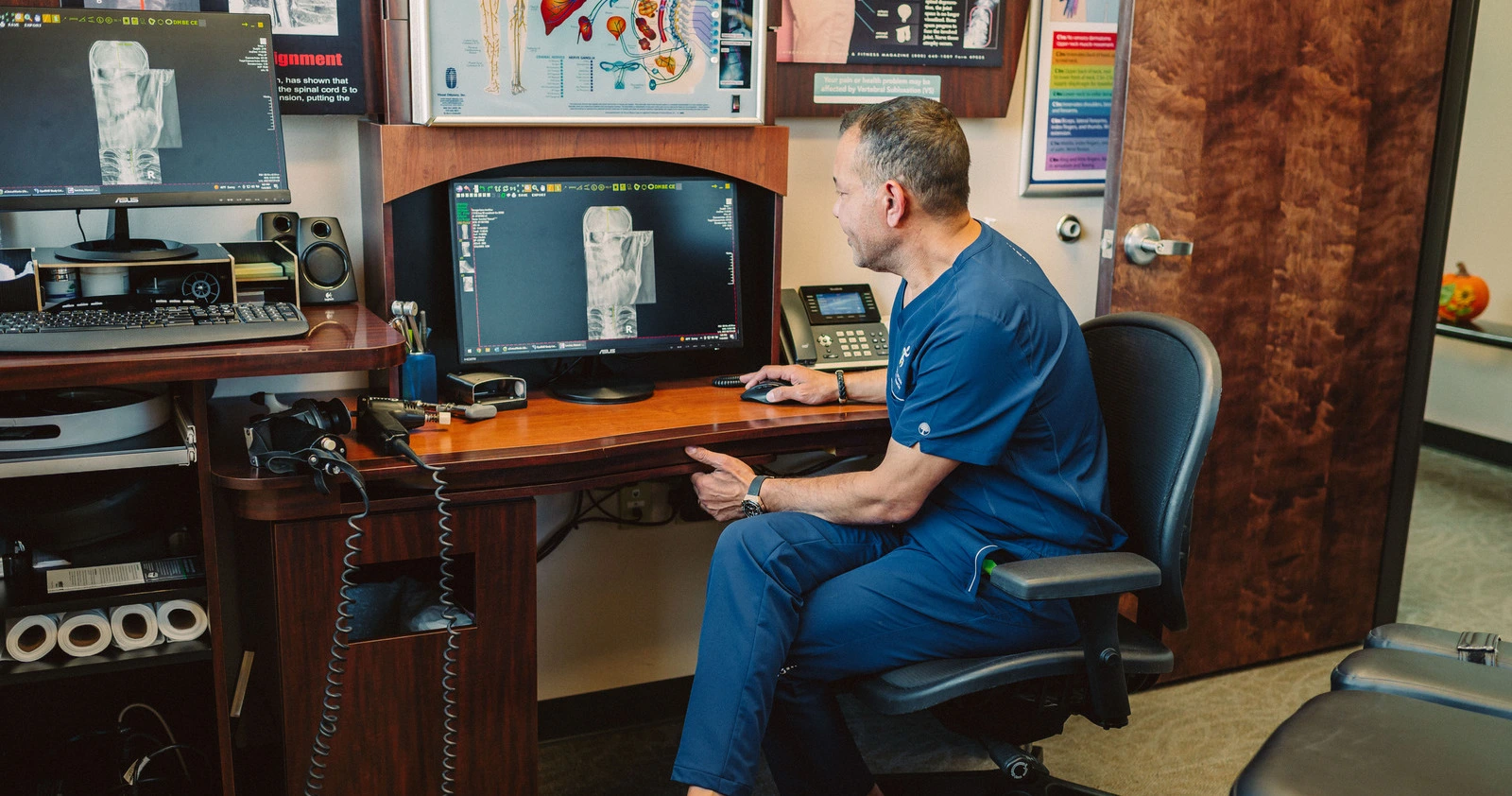
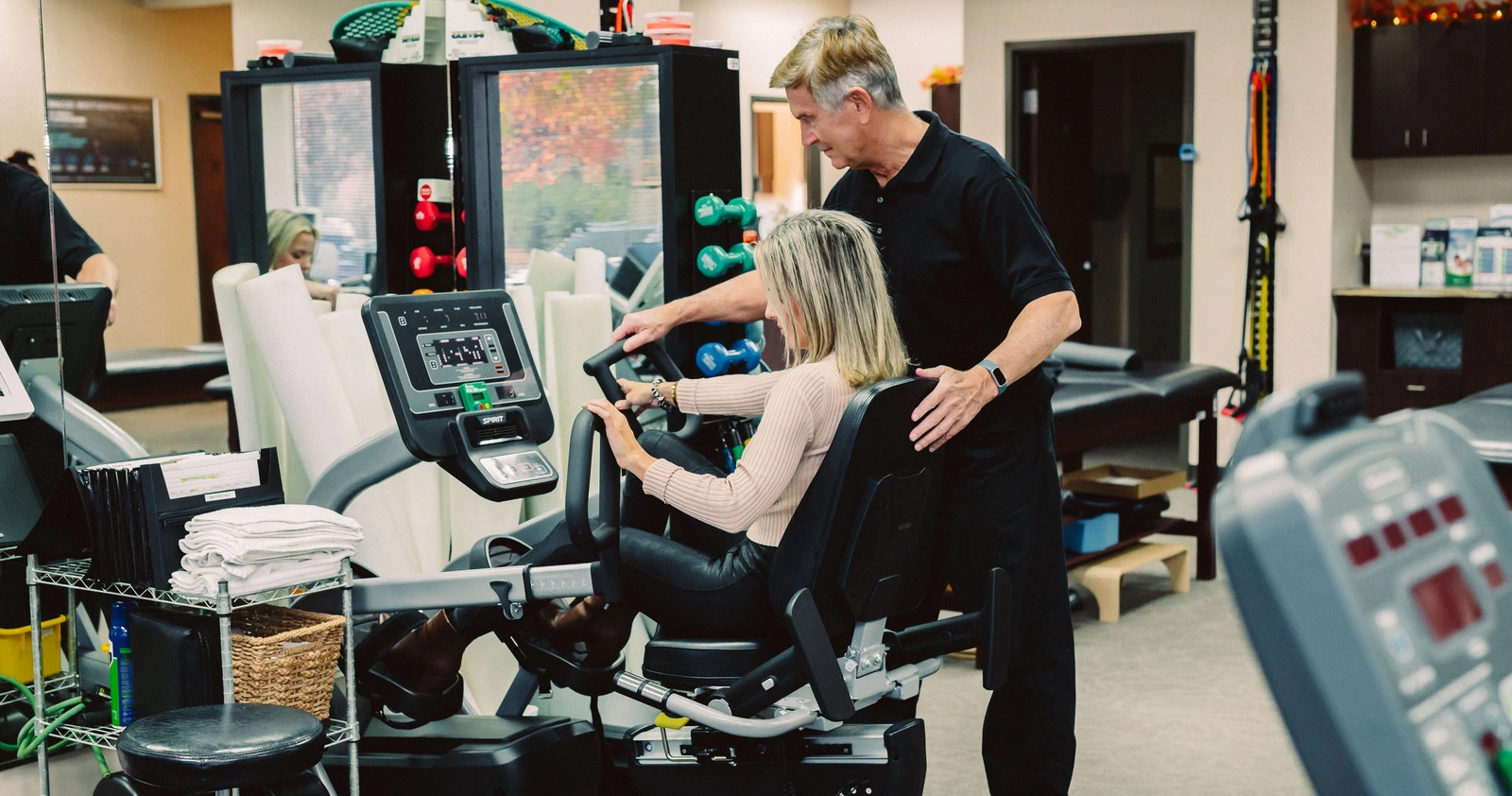
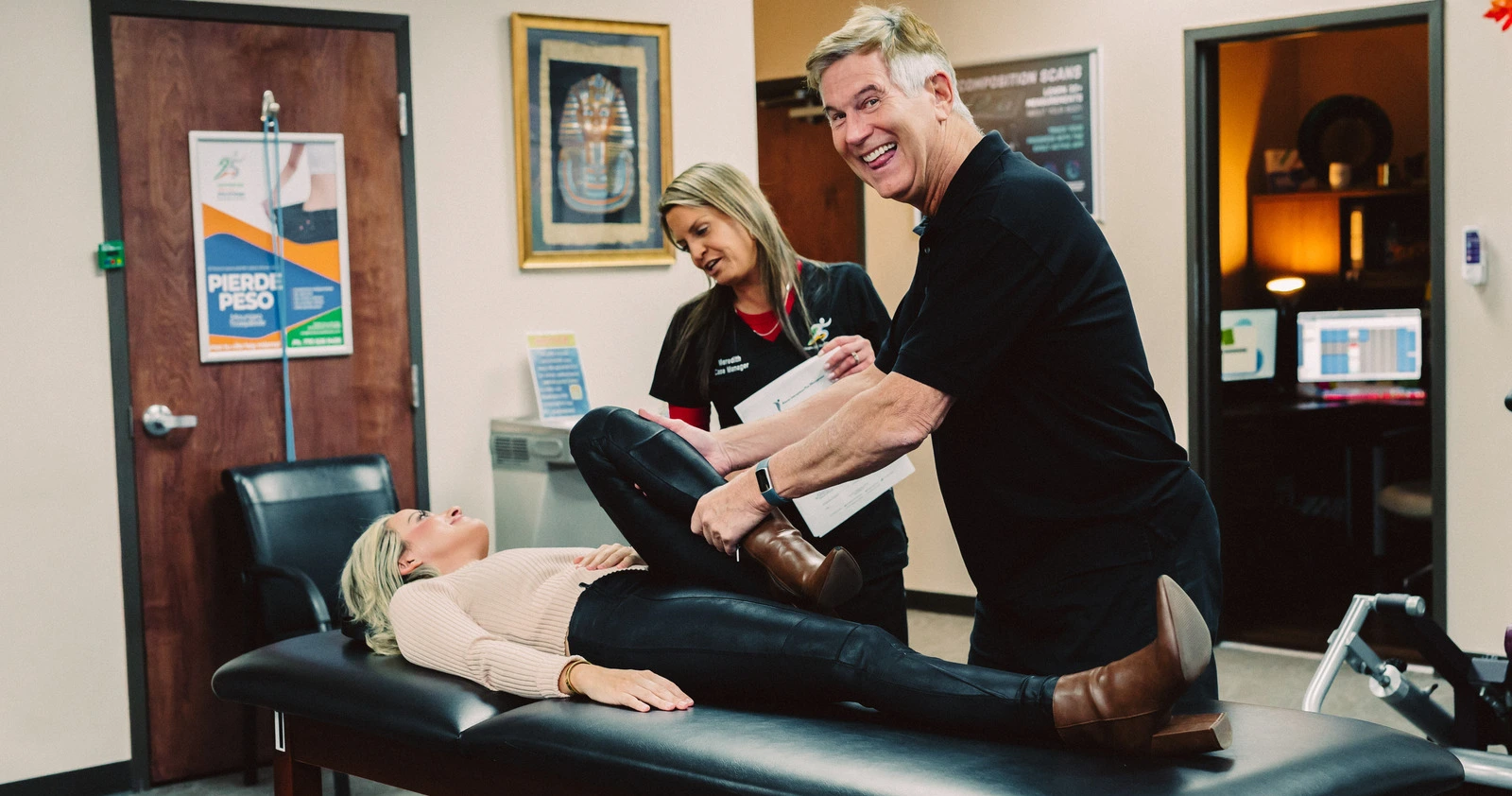
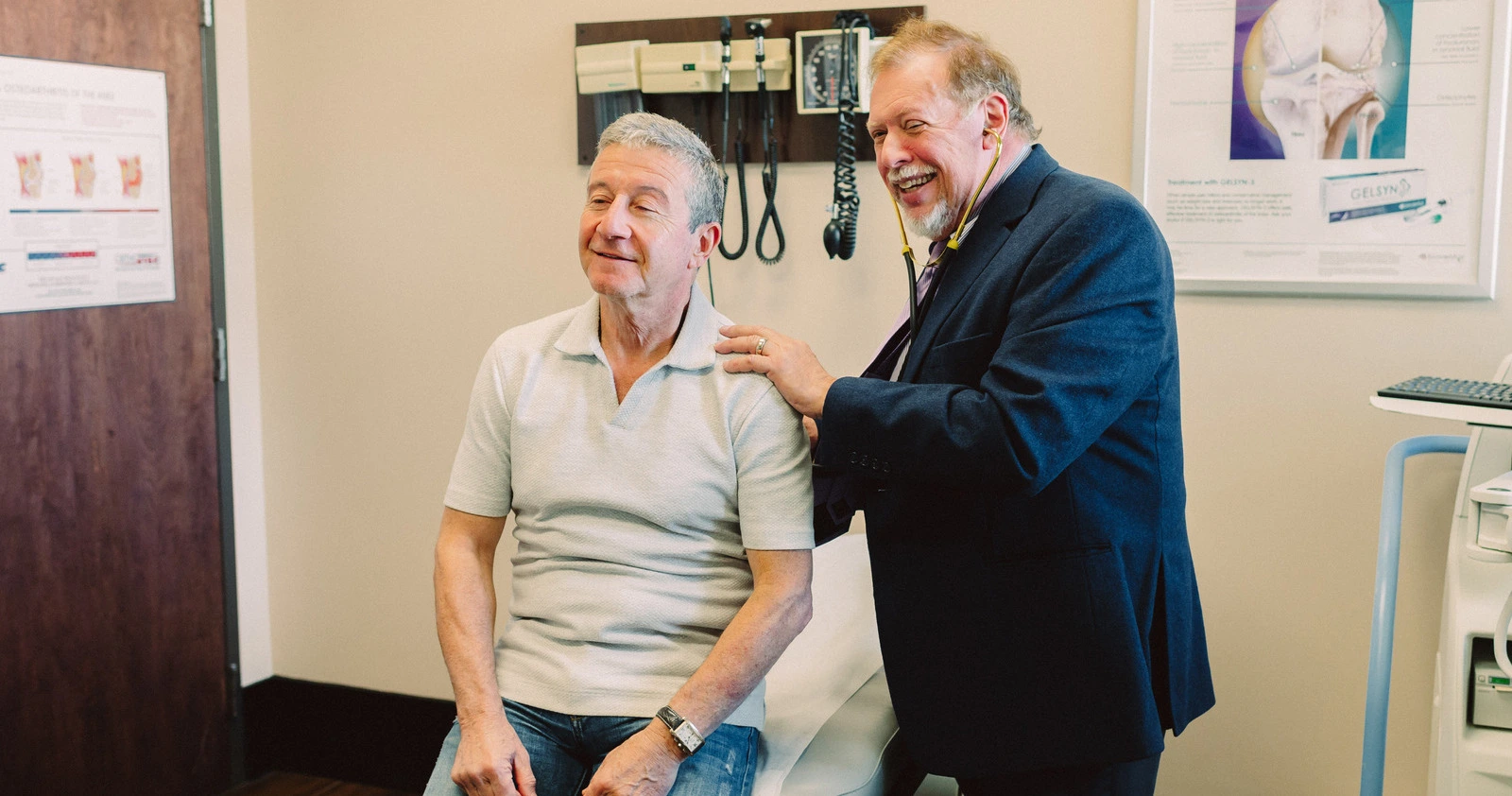


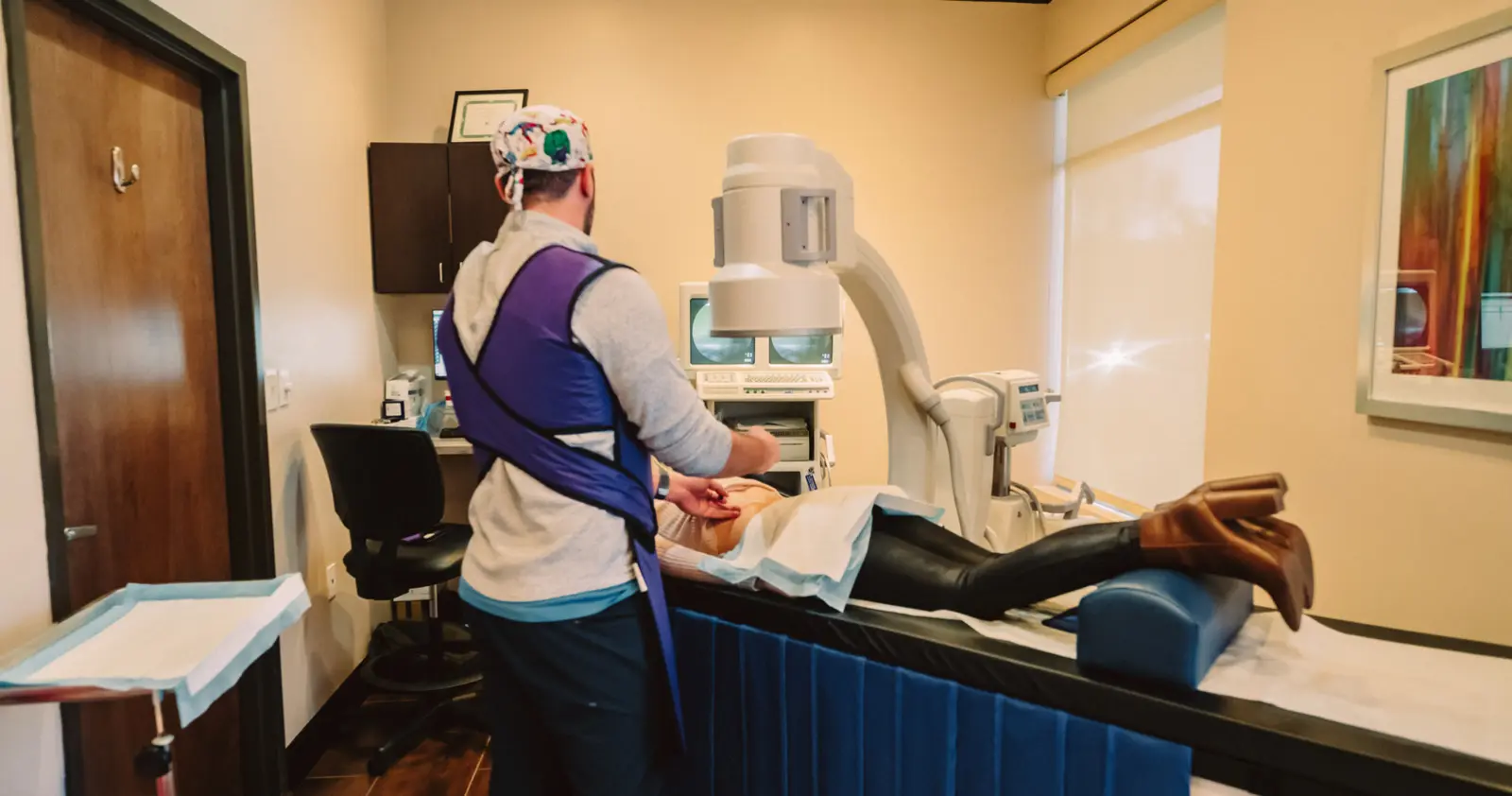

Our medical clinic offers a wide range of services, including primary care, specialty care, preventive care, diagnostic testing, chiropractic, physical therapy, and more. We strive to provide comprehensive and personalized healthcare to our patients.
Our medical professionals are highly trained and experienced in their respective fields. We have a team of doctors, nurses, specialists, and support staff who are dedicated to providing quality care and ensuring the well-being of our patients.
Our clinic(s) are conveniently located in a central area, with easy access to public transportation and ample parking facilities. We understand the importance of accessibility and strive to make it convenient for our patients to reach us. See all locations
We take pride in our high patient satisfaction rates and positive outcomes. We regularly collect feedback from our patients to continuously improve our services and ensure we meet their expectations. Read Our Reviews
We strive to work with a wide range of insurance providers to ensure that our services are accessible to as many patients as possible. We also offer flexible payment options and financial assistance programs to make healthcare affordable for our patients.
The purpose of this visit is to assess your symptoms, diagnose any potential conditions, and provide appropriate treatment or recommendations. Your healthcare provider will outline the recommended treatment plan, which may include medications, lifestyle changes, therapies, or referrals to specialists, depending on your condition.
In addition to our core medical services, we may offer additional benefits such as extended hours, online appointment scheduling, electronic medical records, and patient education resources.
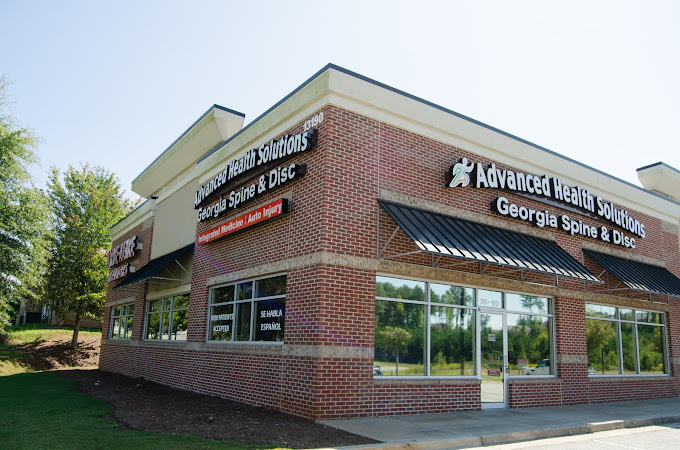

We are a Multidisciplinary Clinic with over 75 years of Combined Experience